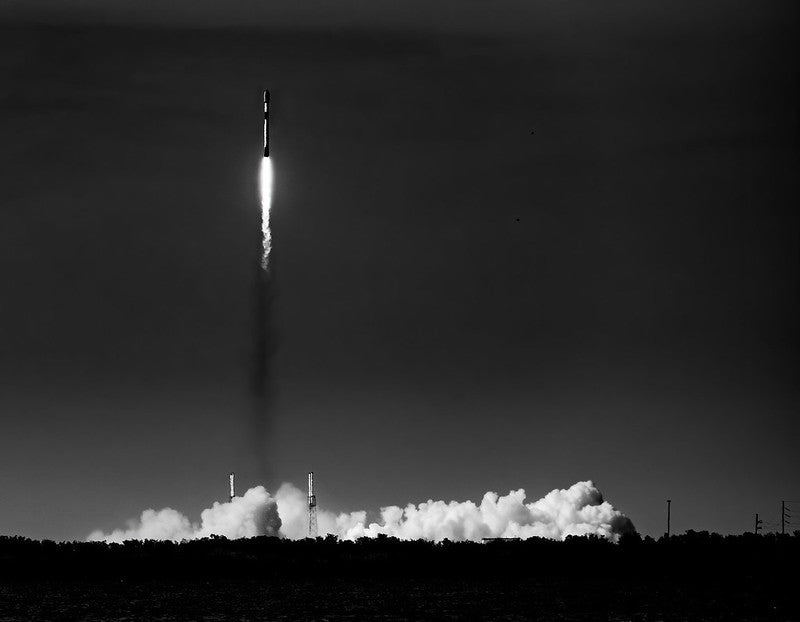
Citing possible environmental and human effects of satellite-based space junk in low Earth orbit, 120 astronomers and researchers sent a letter to Federal Communications Commission (FCC) in October imploring the organization to look into the possible negative impacts. Backed by the special interest group U.S. Public interest Research Group (PIRG), these scientists urged FCC Space Bureau Chief Julie Kearney to pause new launches of private megaconstellations of satellites until an environmental review can be conducted, among other requests.
You can read the letter here.
Launches are increasing
According to the most recent data, companies like SpaceX will launch roughly 58,000 satellites into low Earth orbit by 2030. The number has increased 12 times over in the last five years and SpaceX is the number-one supplier of these satellites, responsible for about 60 percent of launches. Their constellations need to be replaced every five years and, when their mission is complete, satellites burn up in the atmosphere.
Although these launches have increased access to internet across the globe, the letter argues that benefit should not be placed about their possible — and unknown — environmental harms. The consequences to nature, noted in a number of studies, include exhaust from launches as well as metals distributed into the atmosphere as satellites burn up. Other effects can occur when the satellites do not burn up but instead fall to Earth, impacting property or people. Megaconstellations have also been known to negatively impact astronomical observations and animal behavior.
Related: Megaconstellations are changing the night sky forever
Environmental concerns
The problem lies in how the FCC categorizes satellites, according to PIRG. The National Environmental Protection Act (NEPA) requires an environmental assessment for any large government project, including those at FCC. However, there are many categorical exclusions that have been applied to large satellite constellations. The letter directs the FCC to challenge these exclusions because it “doesn’t have a documented reason” for doing so.
The American Astronomical Society (AAS), a large organization of professional and amateur astronomers, has also written letters to policymakers detailing similar concerns.
According to a source familiar with the FCC’s plans, the agency is planning to review of its categorical exclusion policies, and expects to develop revisions to their current NEPA rules with the Council on Environmental Quality (CEQ) which governs these policies, by July 1, 2025.
